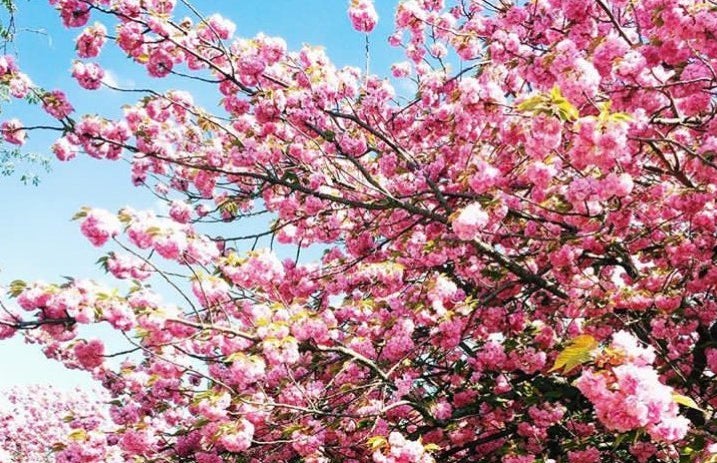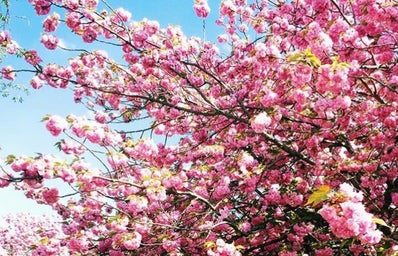During the spring season, Japan is known for the beautiful bloom of cherry blossoms, also known as Sakura. These trees produce pink and white flowers and only bloom for a short time (two weeks), representing human mortality and preciousness. Tourists and natives celebrate the coming of these trees and cherry blossoms have even been named as Japan’s informal flower. Every year, Japanese natives observe Sakura zensen, which translates to “cherry blossom front,” where people track the progress of the trees as they flower and bloom. Therefore, it came as quite a shock when researchers found that the trees were blooming the earliest they ever have in over 1,200 years.
A researcher at Osaka Prefecture University in Japan studied the blooming records of the trees in Kyoto dating back to 812 A.D. and found the earliest date to be March 26. In 2021, the trees bloomed in Kyoto on March 22, making this year go down as the earliest on record. For years, the peak bloom dates have been moving earlier and earlier, although they are known for typically being during mid-April. Yasuyuki Aono stated that “Sakura blooms are very temperature sensitive. Flowering and full bloom could be earlier or later depending on the temperature alone.”
Researchers are now claiming that this premature bloom comes as a result of urbanization and overall climate change. Cities begin to get warmer as the population grows and temperatures around the globe have been rising at a concerning speed. Dr. Lewis Ziska from Columbia University specializes in Environmental health sciences and noted that “As global temperatures warm, the last spring frosts are occurring earlier and flowering is occurring sooner.”

Small changes lead to bigger ones and Amos Tai, the assistant professor of earth science at the China University of Hong Kong suggests that food supply could be greatly affected by climate change. Farmers who produce crops and other economically valuable plants are facing droughts and crop failures, which greatly affect their livelihood. “Farmers have a much harder time predicting when they will have a good year, when they will have a bad year. Agriculture now is more like a gamble, because climate change is randomizing the things happening in our ecological systems,” Tai said. Tai brings to light the fact that farmers will be forced to change what they grow as their environment may be so affected to where it can no longer sustain those crops.
The early bloom of Japanese cherry blossoms now has scientists and researchers on edge and looking into the lasting effects of climate change on the way people and species coincide as well as the possible irreversibility of this phenomenon.
Want to see more HCFSU? Be sure to like us on Facebook and follow us on Instagram, Twitter, TikTok, Youtube and Pinterest!



